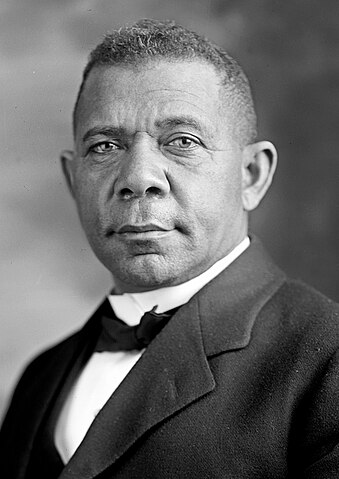by Nicholas Prather, Lemon Project Spring 2023 intern


Over this past semester, I spent two to three hours each week working as a research intern with Lemon Project Director Dr. Jody Allen. During my experience, I learned about the inevitable bumps in the road that come with careful historical research. However, over the four months we spent together, I feel I also came to appreciate those roadblocks and understand their purpose when it comes to discovering something meaningful ̶ something that can change the scope of what we know. When we started working together in the first few weeks of the semester, we initially focused our research on the exploits of nineteenth-century Wiliam & Mary Chemistry Professor Dr. John Millington, specifically his alleged experimentation on Black children in the Williamsburg area through some sort of shock therapy. But, as we sifted through dozens of pages of old correspondence in the Special Collections Reading Room, not to mention pages of nearly incomprehensible cursive that needed deciphering, we learned that it may not be as feasible as we thought to come to any conclusions about Millington, given how much careful close reading it would require. But failure to get immediate results in research, albeit a regularity, is never really a failure – it’s an inherent and important part of the process. After spending a few non-fruitful weeks on Millington, we decided to start looking at the history of illustrious Black educator and speaker Booker T. Washington’s history and relationship with William & Mary. Using Special Collections’ digital archives, I uncovered two separate Flat Hat articles (it’s amazing when your school newspaper is so historic to where it can be a reliable primary source!) that described two separate visits Washington made to the College in 1913 and 1914, just before his death in 1915. Under the presidency of Lyon Gardiner Tyler, both students and faculty were let off from classes to witness Washington’s awesome speeches in the Williamsburg Chapel and Courthouse. After weeks spent devoid of results, it was quite fulfilling to learn that a figure so pivotal to race relations in Gilded Age America had a relationship with the William & Mary administration.
In the end, even though there is still far more that can be wrung out of the research into both Millington and Washington, my semester with Dr. Allen was still a uniquely enriching experience. The growth mindset necessary for productive research can be stunted when we expect to see immediate results. Careful and critical historical research requires patience, precision, and pathos, none of which can be expected mere days or weeks into the process. And when we start thinking of research as steps in an inherently beneficial process that tempers our character and critical thinking alike, regardless of “success” or “failure” (whatever that means), that is when we truly start to see the fruits of our labor manifest themselves in personal and intellectual growth.
